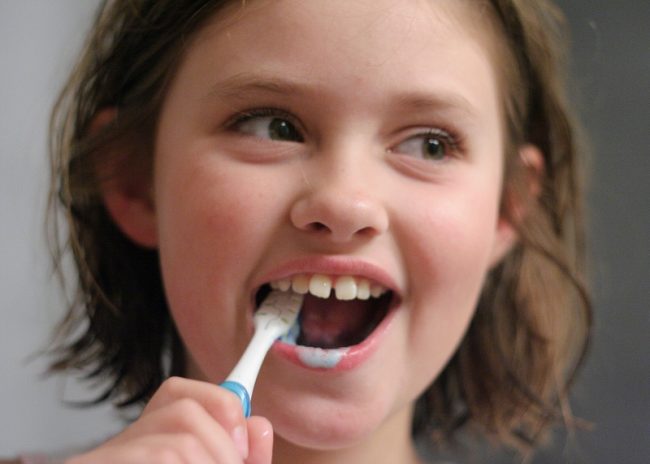
Teaching children about hygiene can set them up for a happy, healthy life and drastically reduce the spread of viruses, lice, and infection. Whether you are a parent or a teacher, teaching children about hygiene in a low-stress and fun way can help them develop healthy habits. Here are some great ways to teach the children in your life about hygiene in the most fun way possible.
Glitter Germs
One great way to teach children about the spread of viruses is to put glitter in a hand or a hand sanitizer and have each child use some. Then, let them move forward through their normal day. After an hour is up, have them look around the roof for all of the glitter. Explain to each child that this is very similar to how germs spread and have them imagine that all of the glitter specks are germs.
Then, talk about how they can prevent germs from spreading by washing their hands and using hand sanitizer. Explain that the most important times to wash their hands are after they use the restroom, before they eat, and before they handle any kind of food.
Let’s Talk About Head Lice
Have fun and friendly professionals talk to the children about head lice, how they spread, and how to avoid catching them. Heartland Healthy Heads and other community outreach programs are designed to be entertaining and fun for children. Some of them even offer full treatment services for head lice including screening, diagnosis, and a wide variety of treatment options to suit any need and any budget. Such resources are also important for parents to know about when their child comes home from school with a note from their teachers saying that another student had lice and that they should get their heads checked.
Computer Games for Oral Hygiene
IT is very important to discuss oral hygiene with children. Talk about plaque buildup and how to remove it by brushing for at least 2 minutes twice a day. Talk about the importance of flossing, gum health, and how to avoid bad breath. Then, sit each child at a computer either at their school, library or home and let them play some great oral hygiene computer games. Afterwards, have an open discussion with them about what they learned and answer any questions that they may have.
Hygiene education should be fun and not overwhelming for children. By letting it be a pleasant experience, they will be more prone to practicing good habits and having a positive attitude towards hygiene.
